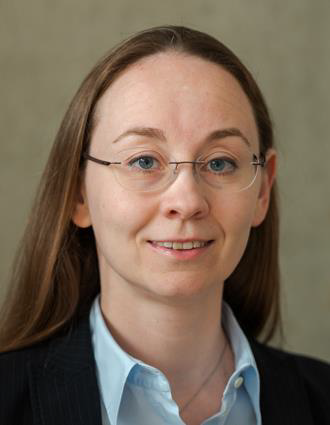Machine learning and artificial intelligence in biomedical research: pitfalls and ways out - with applications from bioinformatics
Tuesday, September 09, 2025 | Morning | Ernst-Abbe Saal, Volkshaus Jena

| Abstract | Biomedical research presents specific challenges for data science, and in particular for applications of artificial intelligence. Whereas the world has witnessed tremendous success of AI in generative applications, where large and black box models can produce unique content or assist the user in many other ways, biomedical applications require models that are reliable, robust, and explainable. Moreover, in these applications, the training datasets are limited in scale and often quality. From the bioinformatics perspective, this presents very specific challenges in how one should approach developing AI models. One particular important example are models for predicting effect of genetic variants, which have been of paramount importance in the field for over 20 years. In my talk, I will address some specific challenges arising when applying AI in these scenarios. One challenge is related to data leakage, an illicit spill-over of information during the models’ training process that undermines their robustness and generalizability to unseen data. I will present a novel training scheme developed in my lab that allows to address and minimize data leakage. Towards variant effect prediction, I will present a novel and fully explainable approach to predicting functional effect of genetic variants that is free from data leakage and goes beyond the state of the art. I will demonstrate how features derived from analysis of protein three-dimensional structure significantly contribute to the success of the prediction. |
|---|---|
| Speaker | Olga Kalinina |
| Date | Tuesday, September 09, 2025 |
| Time | Morning |
| Location | Ernst-Abbe Saal, Volkshaus Jena |
Prof. Dr. Kalinina holds a joint appointment as a research group leader for Drug Bioinformatics at the Helmholtz Institute for Pharmaceutical Research Saarland (HIPS) and a full professor at the Saarland University. She graduated with a diploma in mathematics from the Moscow State University, Russia, in 2003 and completed her PhD in molecular biology at the Engelhardt Institute for Molecular Biology of the Russian Academy of Sciences in 2007. She did her postdoctoral training at the European Molecular Biology Laboratory and the University of Heidelberg, Germany, and started her independent research group at the Max Planck Institute for Informatics, before moving to HIPS / Saarland University.
